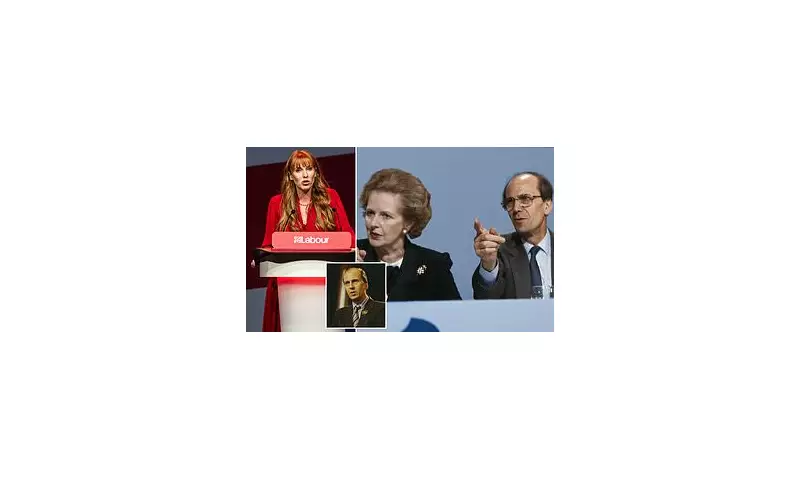
Labour's deputy leader Angela Rayner has ignited a political firestorm by championing a so-called 'Strikers' Charter' on the anniversary of Norman Tebbit's famous 1985 Conservative Party Conference speech. The timing, seen as a deliberate provocation, has drawn sharp criticism from Tory MPs and union critics alike.
A Controversial Alignment
Rayner's vocal support for enhanced union powers coincided with what some Conservatives are calling 'Norman Tebbit Day' - marking 38 years since the former Tory minister urged unemployed Britons to 'get on their bike' and find work. The parallel has not gone unnoticed, with critics accusing Labour of reviving the militant unionism that Margaret Thatcher's government sought to curb.
Thatcher's Legacy Under Scrutiny
The debate has reignited discussions about Thatcher's union reforms, with Rayner's proposals including:
- Simplified strike ballot procedures
- Removal of restrictions on picketing
- Enhanced rights for union representatives
Business leaders have warned these measures could return Britain to the 1970s era of frequent industrial action. 'This isn't about workers' rights, it's about handing unions a blank cheque,' remarked one senior industry figure.
Political Fallout
The controversy comes at a sensitive time for Labour, with leader Keir Starmer attempting to position the party as business-friendly. Several moderate Labour MPs have privately expressed concerns that Rayner's stance could alienate centrist voters.
Meanwhile, Conservative backbenchers have seized on the timing. 'The irony is breathtaking,' said one prominent Thatcherite MP. 'On the day we remember Tebbit's call for self-reliance, Labour wants to take us back to dependency on union bosses.'
As the political battle lines are drawn, the debate looks set to dominate Westminster discussions in the coming weeks, with both sides framing it as a fundamental choice about Britain's economic future.





